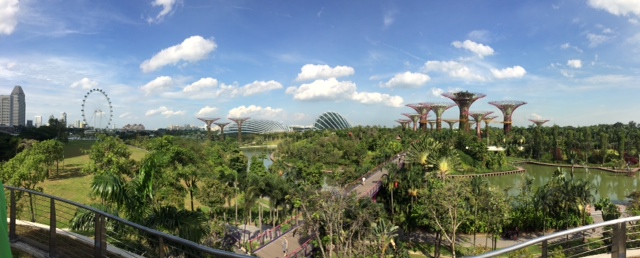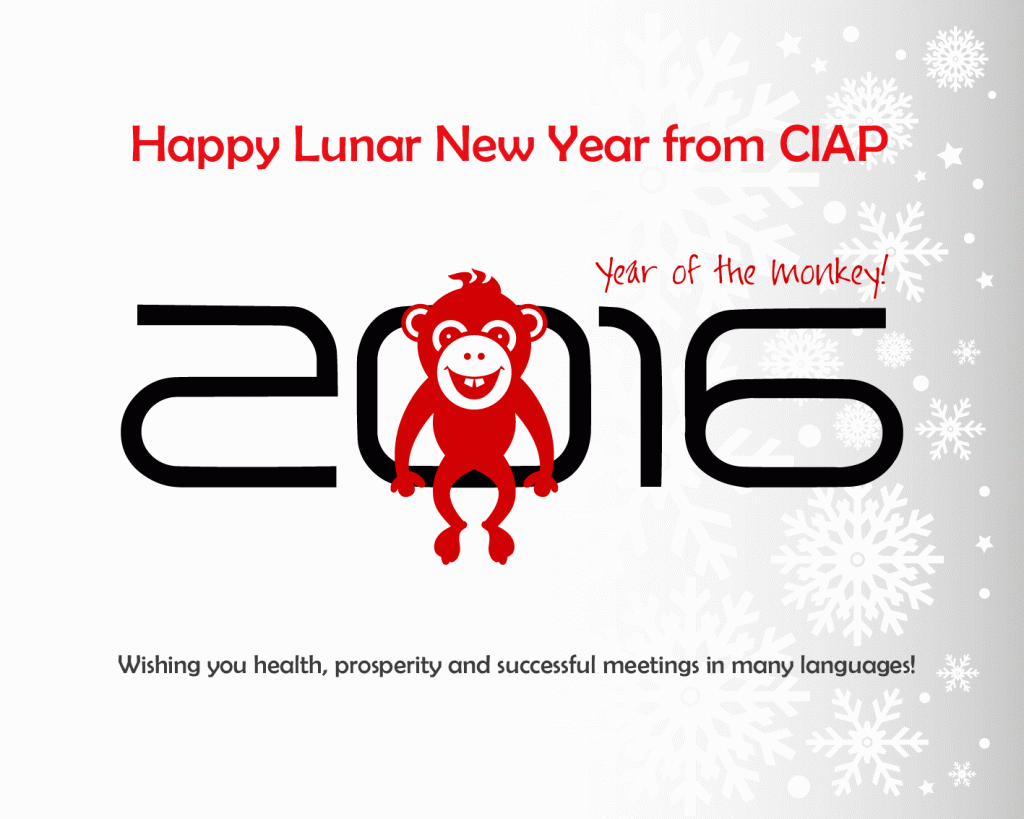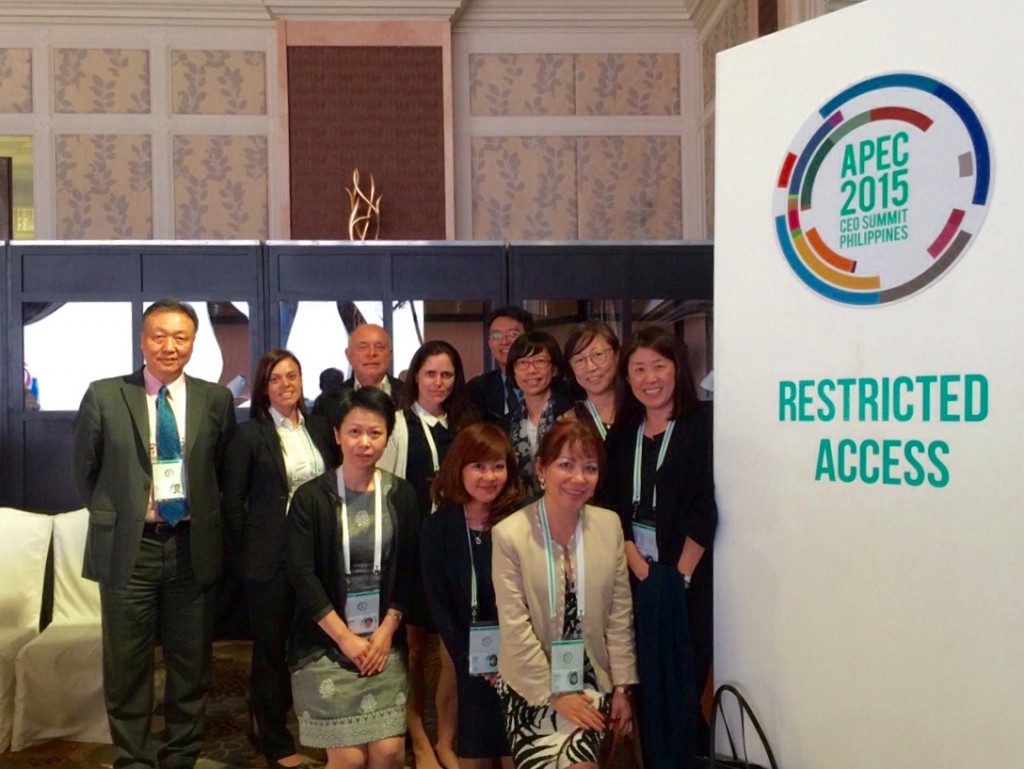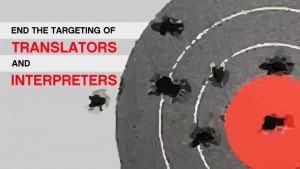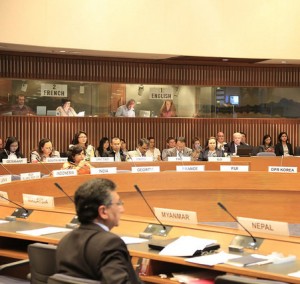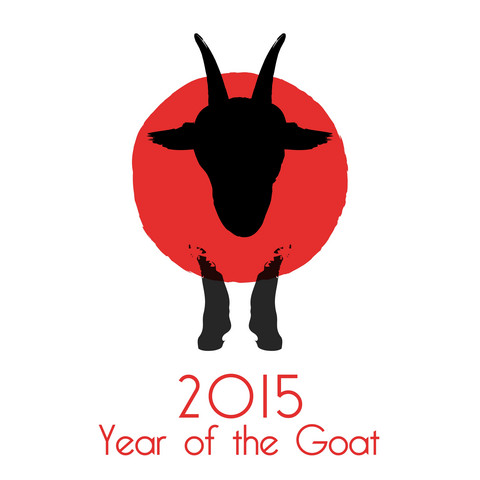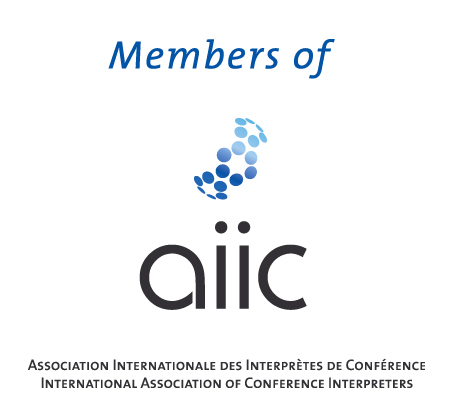CIAP’s role as simultaneous interpretation providers is to allow speakers to convey their message with all the subtlety and nuance of the native language they master so well, be it Indonesian or Malay, Burmese or Khmer.
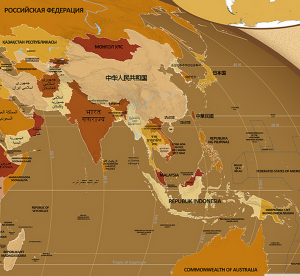
As well as the more commonly requested Asian languages like Chinese, Japanese or Thai, our network of interpreters covers many others. From Bahasa Indonesian or Malay to Burmese, Khmer or Tetum, CIAP’s consecutive or simultaneous interpretation services are provided by professionals able to fully transmit those nuances into the target language, usually English.
In an effort to promote linguistic and cultural diversity and multilingualism, UNESCO proclaimed February 21st as International Mother Language Day* in 1999. It is a day for celebrating all mother tongues, or native languages, around the world. UNESCO’s message is that language diversity helps to enrich us all and is a treasure, not a barrier. This is not only true when it comes to social justice and inclusion – linguistic minorities are often among the most marginalized populations, with little or poor access to quality education – but also applies to communication at international meetings and events.
All too often, speakers at international conferences come under pressure to use the new lingua franca of global English or Globish, instead of their native language. Rather than miss out on the whole message with all its depth and subtlety, there is another option: simultaneous interpretation. As well as Indonesian, Malay, Burmese, Khmer and Tetum (which is spoken in Timor Leste), CIAP has assisted clients with request for simultaneous interpretation in Mongolian, Laotian, Hindi, Bengali, etc. We also cover the full range of European languages, and more commonly requested Asian languages like Chinese (Mandarin or Cantonese), Japanese or Thai.
And of course, simultaneous interpretation not only allows your speakers to address the meeting in their own language, it allows participants to follow the entire meeting in their mother tongue. Rather than straining to follow in English, your participants can listen to the simultaneous interpretation in their mother tongue – be it Khmer, Malay, Indonesian, Burmese or whichever language you require.
* International Mother Language Day has been observed every year since February 2000.
The date represents the day in 1952 when students were shot dead by police during a protest in Dhaka calling for Bangla to become one of the two official languages of what was then East Pakistan and is now Bangladesh.
The theme for International Mother Language Day 2015 is “Inclusion in and through education: Language counts”.

